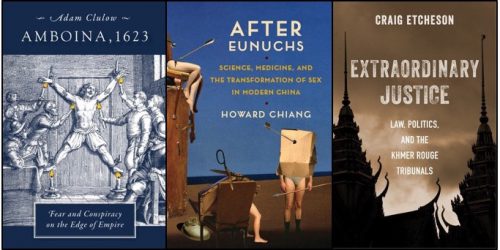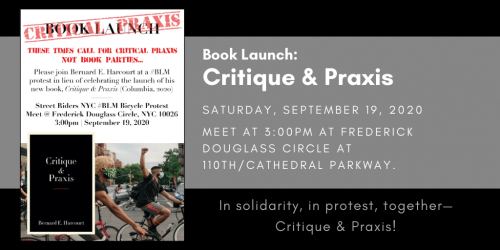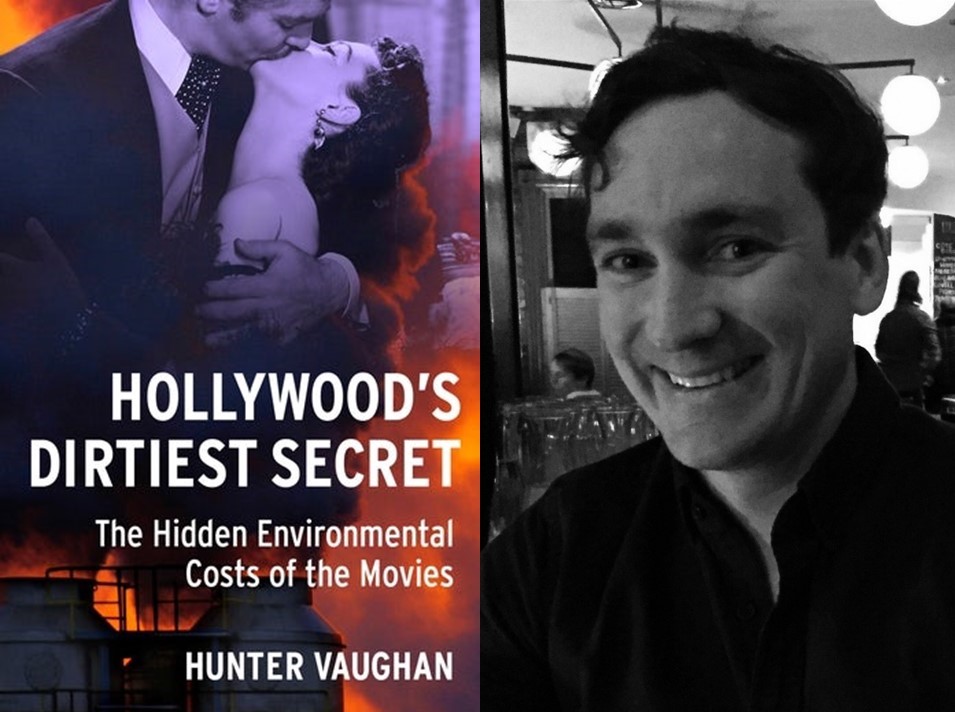Jacques Ranciere: Mute Speech: Literature, Critical Theory, and Politics
This week’s featured book is Mute Speech: Literature, Critical Theory, and Politics, by Jacques Rancière, with an introduction by Gabriel Rockhill and translated by James Swenson.
In the book, Rancière argues that our current notion of “literature” is a relatively recent creation, having first appeared in the wake of the French Revolution and with the rise of Romanticism. In its rejection of the system of representational hierarchies that had constituted belles-letters, “literature” is founded upon a radical equivalence in which all things are possible expressions of the life of a people. With an analysis reaching back to Plato, Aristotle, the German Romantics, Vico, and Cervantes and concluding with brilliant readings of Flaubert, Mallarmé, and Proust, Rancière demonstrates the uncontrollable democratic impulse lying at the heart of literature’s still-vital capacity for reinvention.
Here are the opening paragraphs of Mute Speech:
Introduction: From One Literature to Another
There are some questions we no longer dare pose. Recently an eminent literary theorist said that one would have to have no fear of ridicule to call a book What is Literature? Sartre, who did write a book with that title in a time that already seems so far from us, at least had the wisdom not to answer the question. For, as Gérard Genette tells us, “a foolish question does not require an answer; by the same token, true wisdom might consist in not asking it at all.”
How exactly should we understand this wisdom in the conditional mood? Is the question foolish because everyone has a pretty good idea of what literature is? Or on the contrary, because the idea is too vague to ever become the object of a determinate knowledge? Does the conditional invite us to free ourselves from yesterday’s false questions? Or does it rather wax ironical about how naive it would be to consider ourselves free from it once and for all? In fact this is probably not a real choice. Today’s wisdom happily combines the expert’s practice of demystification with the Pascalian twist that denounces both deception and the illusion of not being deceived. It renders vague notions invalid in theory but reestablishes them for practical use. It derides questions but still offers answers. It shows us that in the end things cannot be anything other than what they are, but also that we can do no less than add our own illusions to them.
This wisdom nonetheless leaves many questions unanswered. The first is why some ideas can be both so vague and so well known, so easy to make concrete and so likely to engender haze. Here we might propose some distinctions. There are two sorts of ideas that we think we understand why they must remain indeterminate. First, there are commonly used ideas whose precise meaning depends on the context in which they are used and which lose any validity when separated from that context. Second, there are ideas concerning transcendental reality that are situated outside the field of our experience and that refuse to submit to either verification or falsification. But “literature” does not seem to belong to either of these categories. It is thus worthwhile to ask what singular properties affect this idea to the point of making it seem either desperate or ridiculous to ask what its essence is. Above all, we must consider whether this assertion of futility is not itself a consequence of the presupposition that the determinate properties of a thing can be separated from the “ideas” people have about it.
1 Response
Leave a Reply
You must be logged in to post a comment.






should be required reading for all art students with a backup if possible by an informed tutor. derek guthrie